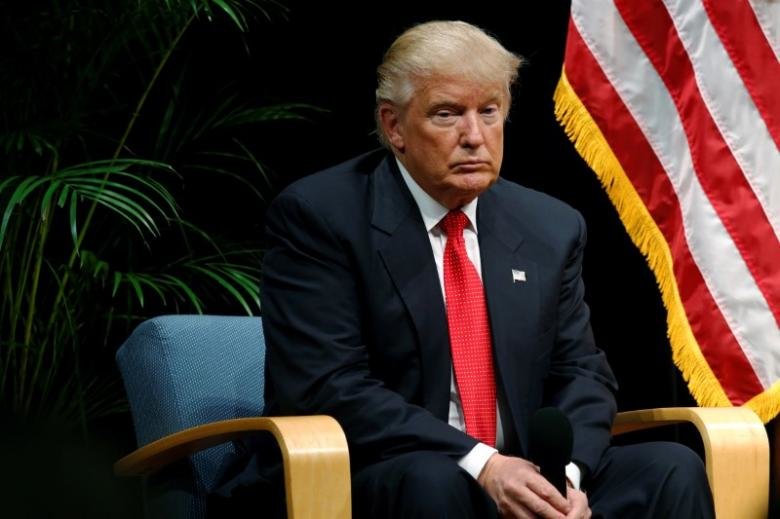Everything will return to normal after Trump's gone: professor

TEHRAN - President Donald Trump has done a lot of questionable action since he was in office, including issues within the United States - changing members of the cabinet, advisers and dismissal of director - and issues outside the United States, including the systematic withdrawal of international treaties and economic and political tensions with its former allies.
A reporter at Tehran Times newspaper recently interviewed Tom Phuong Le, Professor of Political Science, university of Pomona, USA.
Following is the complete text of the interview with Professor Tom Phuong Le:
Q: Nowadays we are witnessing great gaps and differences among G7 member states while SCO member states are moving forward more convergence. Some believe that the orders and the regimes created after World War II are declining and because of this reason the U.S. is not going to pay the costs of regimes like NATO, WTO and different free trade treaties like NAFTA… What do you think of this? Why the U.S. is not ready to pay the costs of the regimes and orders as before?
A: I think the GAPs are more between President Trump and the G7 members, not among the G7 members themselves. If anything, Trump has made them closer. As for SCO, it has always been the superpowers calling the shots with the smaller countries riding along. So I don’t think they are a good comparison because their size and scope are so different. With that said, I don’t think the old liberal economic order is going away, but it does indicate that other, non-western led, institutions will have an impact. Those non-western institutions though are modeled on many of the old institutions and are not designed to replace them.
As for the U.S. not paying, it’s because Trump is not a normal president. I feel that once he is gone, things will go back to normal
Q: While the U.S. president Donald Trump attended the NATO and G7 summits with an aggressive approach toward Washington’s allies, he is trying to improve relation with North Korea and Russia with a reconciling approach. Why?
A: President Trump likes strong man tactics, so the authoritarian leaders seem to appeal to him more. He also likes to do things that upset establishment politicians. It’s a very strange way to do foreign policy.
Q: International community is experiencing a new area in which while the U.S. is retreating from the old orders and regimes, China is trying to impose its own orders and regimes by reviewing ancient Silk Road project. To what extent the developments in the Middle East especially in Syria are affected by international systems structure which is changing?
A: I think Syria is the great tragedy if IR because states have not been able to work together to solve that crises. The one belt one road initiative is more of an economic thing that has little to do with Syria. The way I see it, the UN Security Council needs to work together to address the Syrian crises, but its problems are not unique to the current political climate. The UN Security Council has always been political.
Q: Some theoretician including John Mearsheimer believe that one of the most important elements of president Trump’s foreign policy is to move toward offshore balancing and reduction of troops and increasing of animosity with Iran. Do you agree with this? Will the U.S. decrease the number of its troops in Middle East? If we accept that the mentioned elements be the base for Trump’s foreign policy, how will Washington confront with Iran’s regional influence?
A: John Mearsheimer is awful. I think his policy proposals are always ad hoc, and it’s unclear when a country should offshore balance and when it should not according to his theory. With Trump, it seems like he is slowly increasing the U.S. footprint in the Middle East, so I don’t think he is listening to Mearsheimer. Trump doesn’t read. He just does things according to his guy feelings.
Q: Reacting to President Trump’s remarks calling EU as the U.S. foe, Donald Tusk, president of the European Council asked Trump and Putin not to disturb world order. Do you think that Trump and Putin are going to create a new world order? If your answer is yes, how will the new polarization be in the new order?
A: Russia is weaker than people thing, especially economically. I don’t think Putin and Trump can remake the world order. They don’t have any idea of a replacement system. However, they can weaken it and lead states to be less collective in addressing world issues, like climate change, free trade, and humanitarian crises.
Leave a Comment